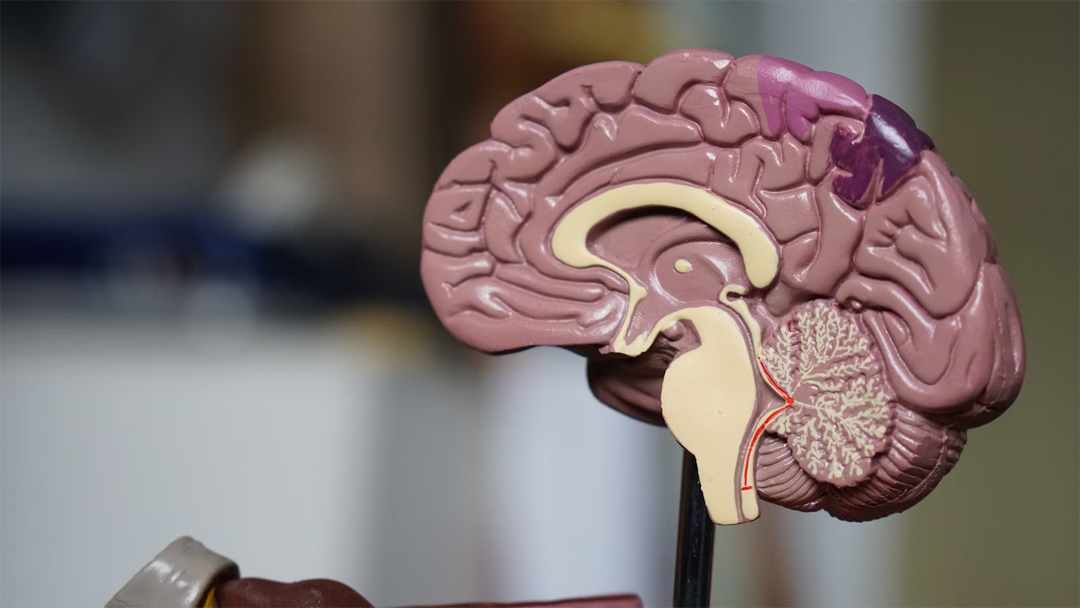
Precision medicine is revolutionising healthcare by tailoring treatments to individual genetic profiles, lifestyles, and environmental factors. This approach is particularly transformative in neurology, where the complexity of the brain and nervous system often renders generic treatments ineffective. By focusing on the unique aspects of each patient, precision medicine promises more effective and targeted interventions.
The shift from traditional treatment methods to precision medicine is not merely a change in medical practice but a paradigm shift in our understanding of health and disease. It moves beyond symptom management to address the root causes of conditions, offering new hope for diseases once considered intractable. This article explores how precision medicine is reshaping the treatment of neurological disorders, highlighting key advancements and the challenges that lie ahead.
Genetic Insights in Neurology
The field of neurology has seen profound changes due to genetic research, which has unveiled the complex interplay between genes and neurological health. Dr. Eric Green, Director of the National Human Genome Research Institute, has significantly contributed to this area, emphasising the critical role of genomics in understanding neurological disorders. His work has provided insights crucial for developing targeted therapies for conditions like Alzheimer’s and Parkinson’s.
“Research like this gives us hope for a more personalised precision medicine in MS,” comments Dr. Kimberly O’Neill, reflecting on the broader implications of genetic insights. “The ideal world would be to have a blood test that could tell their disease course and which treatments will work for an individual patient, but we are certainly not there yet.” This perspective underscores the potential and current limitations of genetic research in neurology.
Deep Brain Stimulation
Deep brain stimulation (DBS) exemplifies precision medicine in neurology. Dr. Helen Mayberg has pioneered DBS for treating depression, a common neurological disorder that often resists traditional treatments. Her research has shown significant symptom relief in many patients, highlighting the potential of tailored neurological interventions.
DBS involves implanting electrodes in specific brain areas, delivering electrical impulses that regulate abnormal impulses. This procedure is tailored to each patient’s neurological patterns, meticulously mapped before surgery, ensuring precision and minimising side effects. Dr. Mayberg’s work not only provides an alternative for treatment-resistant patients but also offers insights into the neurological pathways involved in mood regulation.
Technological Innovations in Neurosurgery
Technological advancements have significantly enhanced neurosurgery, making procedures more precise and less invasive. Innovations such as robotic surgery and real-time imaging provide neurosurgeons with tools that increase accuracy and reduce risks. These technologies are integral to precision medicine, allowing for interventions tailored to the intricate anatomy of the brain and spinal cord.
Minimally invasive techniques, for example, use smaller incisions and cause less damage to surrounding tissues, leading to quicker recoveries and better outcomes. Robotic systems offer unparalleled precision, enabling surgeons to perform complex procedures with enhanced control and visibility. This is crucial in neurosurgery, where millimetre precision can significantly impact outcomes.
Dr Timothy Steel’s Approach to Spine Surgery
In spine surgery, Dr Timothy Steel is recognised for his meticulous approach and commitment to precision medicine. With over two decades of experience, Dr Steel has performed thousands of surgeries, each tailored to the specific needs of his patients. His practice at St Vincent’s Private and Public Hospitals in Sydney exemplifies how personalised care can enhance surgical outcomes.
Dr Steel’s approach involves detailed pre-surgical planning and the use of cutting-edge technologies, including minimally invasive techniques that reduce recovery time and improve safety. His holistic approach to patient care ensures that each surgical intervention is carefully aligned with the patient’s unique anatomical and physiological characteristics, advocating for high-quality care in neurosurgery and spine surgery.
Challenges and Limitations
While the prospects of precision medicine in treating neurological disorders are promising, several challenges and limitations remain. One primary concern is the ethical implications of genetic testing and data privacy. As we delve deeper into the genetic aspects of neurology, questions arise about how this information should be used and who has access to it.
Technological barriers also pose significant challenges. The high cost of advanced genomic analyses and neuroimaging techniques can limit accessibility, making it difficult for all patients to benefit from these advancements. Moreover, the complexity of neurological disorders often means that even with precise genetic and clinical data, the outcomes of treatments can be unpredictable.
Future Directions in Precision Medicine
The future of precision medicine in neurology is bright, with several exciting advancements on the horizon. Artificial intelligence (AI) is set to play a significant role, with algorithms that can analyse vast amounts of genetic and clinical data to identify patterns and predict outcomes. This could lead to more accurate diagnoses and more effective treatments, tailored to the genetic makeup of individual patients.
Emerging therapies, such as gene editing and stem cell therapy, offer potential cures for neurological conditions that were once deemed untreatable. These technologies, while still in the early stages of development, could revolutionise the field by correcting genetic defects and regenerating damaged tissues.
Looking Ahead in Neurological Health
In wrapping up, the integration of precision medicine into the treatment of neurological disorders represents a significant advancement in healthcare. By tailoring treatments to the individual characteristics of each patient, we can achieve outcomes that were previously unimaginable. However, the path forward is not without its challenges, from ethical concerns to technological limitations.
As we continue to explore the possibilities of precision medicine, it is crucial to address these challenges head-on, ensuring that the benefits of these advancements are accessible to all. With continued research, collaboration, and innovation, the future of neurology looks promising, offering hope to millions of patients around the world.
Comments
comments